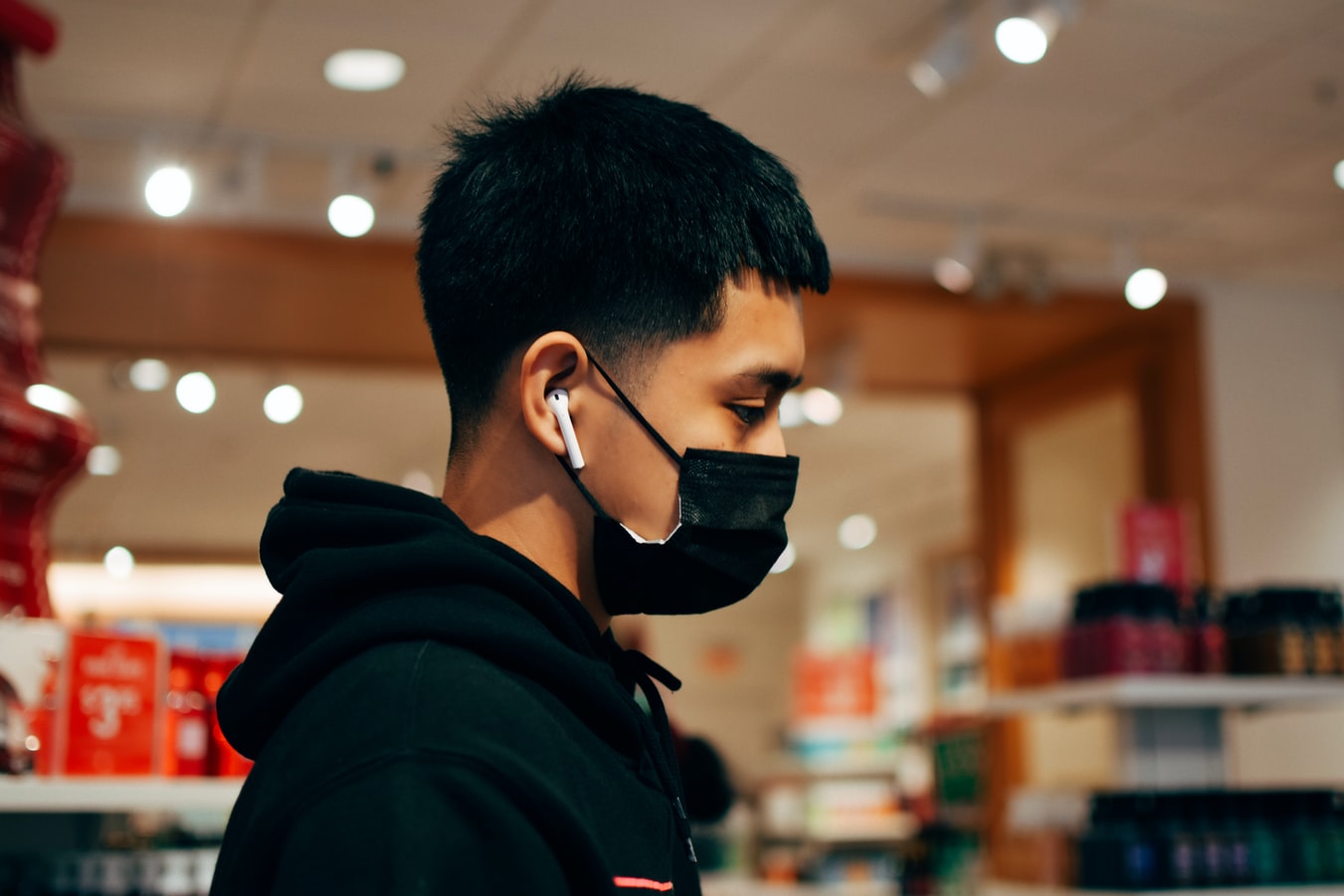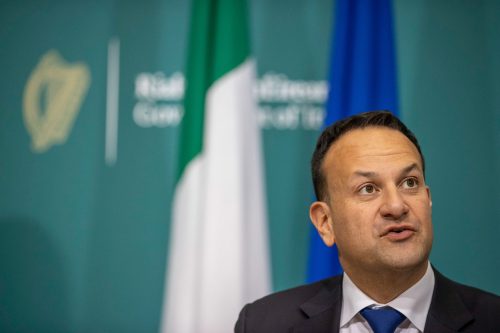
The mental health toll of the pandemic has left three in four teens experiencing physical health issues including hair loss, digestive problems, migraines, lethargy or weight changes.
4.1 million young people have experienced symptoms of poor mental health over the last ten months – many for the first time – according to a new study by Bupa as part of its Teen Minds: Living Through a Pandemic and Beyond campaign. These issues have manifested as physical health issues for 3.9 million feeling close to breaking point.
Worryingly, the study reveals over half of teenagers have turned to harmful coping mechanisms to manage their mental health during the pandemic (52%), such as controlling or restricting their food intake, picking their skin (excoriation), pulling out their hair (trichotillomania) and self-harm. While others admit to smoking, drinking and taking drugs as their form of escape.
With lockdown restrictions tightened and further disruption expected as schools close, mental health experts at Bupa are encouraging parents to remain vigilant to the warning signs and regularly check in with their teenage child to see how they’re coping.
The majority of teenagers admitted these strategies created a “distraction from COVID” and made them feel “in control” but “worse in the long term.”
Concerns about the impact on academic achievement (73%) and job prospects (70%) after the pandemic are weighing on young people’s minds, particularly among 16-17 year olds – leading to a majority of teens (57%) not feeling or knowing whether they feel optimistic about their future.
Many teenagers have struggled with being “stuck” in the family home for long periods of time (47%), socialising less with friends (55%) and feeling powerless about their situation (31%). Over half (55%) feel their life is in a state of “limbo,” while three in 10 (30%) feel the pandemic means they’re missing out on life.
However, the research also found many teenagers are taking positive action to manage their mental health. Almost half (49%) have channelled poor mental health into exercise, while others have socialised virtually with friends (34%), focused on school work (18%), reading (21%) and one in 10 have started a new hobby or learnt a new skill (9%).
Pablo Vandenabeele, Clinical Director for Mental Health at Bupa Insurance, said: “The impact of the pandemic on mental health has been well documented and teenagers have experienced disproportionate levels of uncertainty during the pandemic, and at an already emotionally turbulent stage in life. It’s worrying to see that their mental and physical health has deteriorated so much over this period. What we have seen, both in our research, and speaking with customers over the course of the pandemic, is that parents find this a big challenge, and they are looking for more support on how to manage discussions about their teenager’s mental wellbeing.”
So with parents worried about the impact of the latest lockdown on their teenager’s mental health (49%), Bupa has launched its Teen Minds: Living Through a Pandemic and Beyond campaign including a new teen mental health page with advice to help families talk about these issues, and a video featuring some famous faces talking first-hand about their experiences.
Bupa also offers a Family Mental HealthLine to its UK health insurance customers where parents can access a team of trained advisors and mental health nurses to listen and provide advice, guidance and support.







